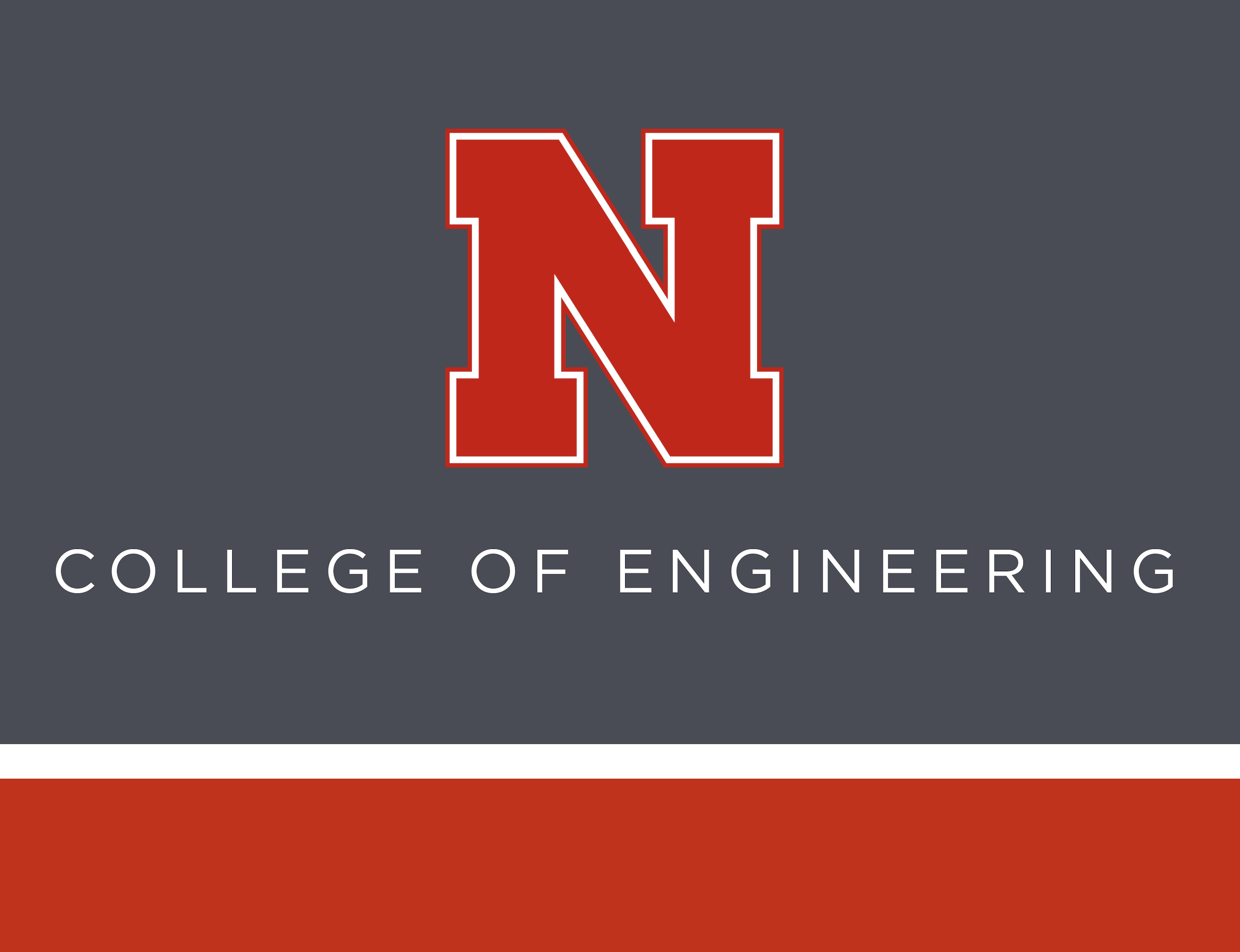
CSE will host two Discipline-Based Engineering Education Faculty Candidate Seminars over the next week. Farshid Marbouti will speak tomorrow, Jan. 17 and Abeera Rehmat will speak next Tuesday, Jan. 22.
“Engineering and Science Student Success”
Farshid Marabout
Assistant Professor of General (Multi-Disciplinary) Engineering
San José State University
Abstract: This presentation focuses on my past, present, and future work related to improving engineering and science student academic success. First, I discuss building prediction models to identify at-risk students in a first-year engineering course. Second, in order to understand why some students fail a course, I present the results of analyzing College of Engineering student demographic and academic data and student feedback on three courses with the highest failure rates in the college. The two emerged themes from student feedback were problems in the design of the course and high level of stress due to coursework. Third, I describe my future research plan to investigate how to measure student stress in real time, provide immediate support, and its relationship with student demographics and academic performance. In addition, I present my collaboration plans with faculty members to improve teaching strategies and course design.
Bio: Dr. Farshid Marbouti is currently an Assistant Professor of General (multi-disciplinary) Engineering at San José State University. He completed his Ph.D. in Engineering Education at Purdue University. He has an M.A. in Educational Technology and Learning Design, an M.S. in Artificial Intelligence, and B.S. in Computer Engineering. Dr. Marbouti currently serves as the co-chair of the university senate student success committee and faculty-in-residence for on-campus Community for Engineering Learning and Living (CELL). Dr. Marbouti has established a research lab on student academic success and successfully secured funding from both external (National Science Foundation) and internal sources.
“PBL for STEM Integration: Measuring Students’ Content Knowledge and Critical Thinking Skills”
Abeera Rehmat
Post-doctoral Researcher
Center for Research on Learning and Technology, Indiana University
Abstract: Higher-order thinking skills and achievement in science and math are essential to meet the educational requirement of STEM+CS careers. Problem-based learning (PBL) can capture students’ attention, support interdisciplinary STEM practices, and foster higher-order thinking skills. When embedded in the social constructivist view of teaching and learning, PBL promotes self-regulated learning that is enhanced through exploration, cooperative social activity, and discourse. This study utilized STEM content assessments and a standardized critical thinking test to investigate the impact of PBL on fourth grade students’ content knowledge and critical thinking skills. The quantitative results revealed that over time both PBL and traditional learning groups showed gains.
Bio: Dr. Rehmat has a B.S. in Computer Science from St. John’s University and a Ph.D. in Curriculum and Instruction in Science Education and Technology from University of Nevada, Las Vegas. She was a post-doc with INSPIRE Research Institute in Pre-College Engineering at Purdue University. She was also a STEM director, a position funded by the Nevada Department of Education to develop integrated STEM curricula. Her research interest involves investigating how STEM+CS education can create holistic yet meaningful real-world experiences for students to foster critical thinking to prepare for the challenges of this evolving world.